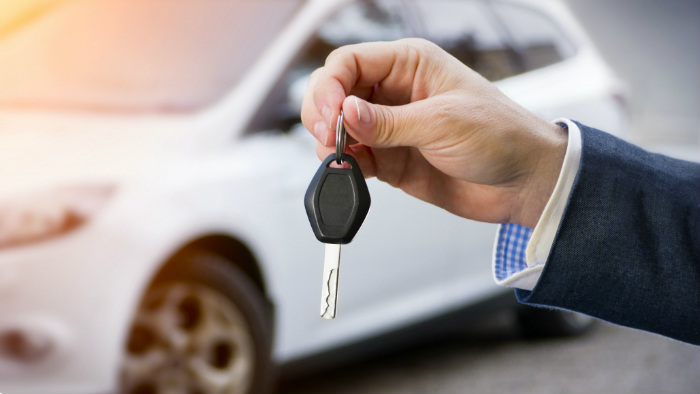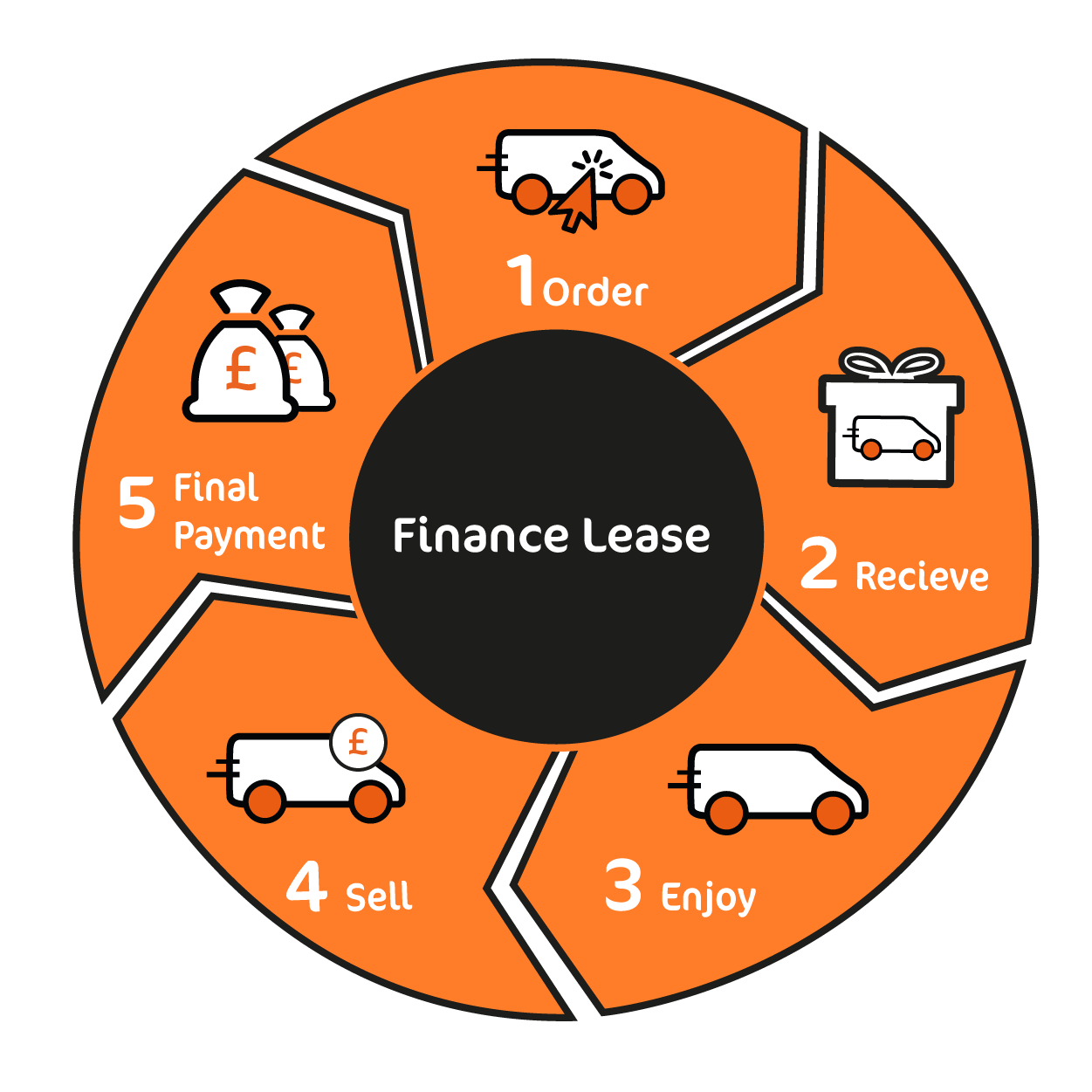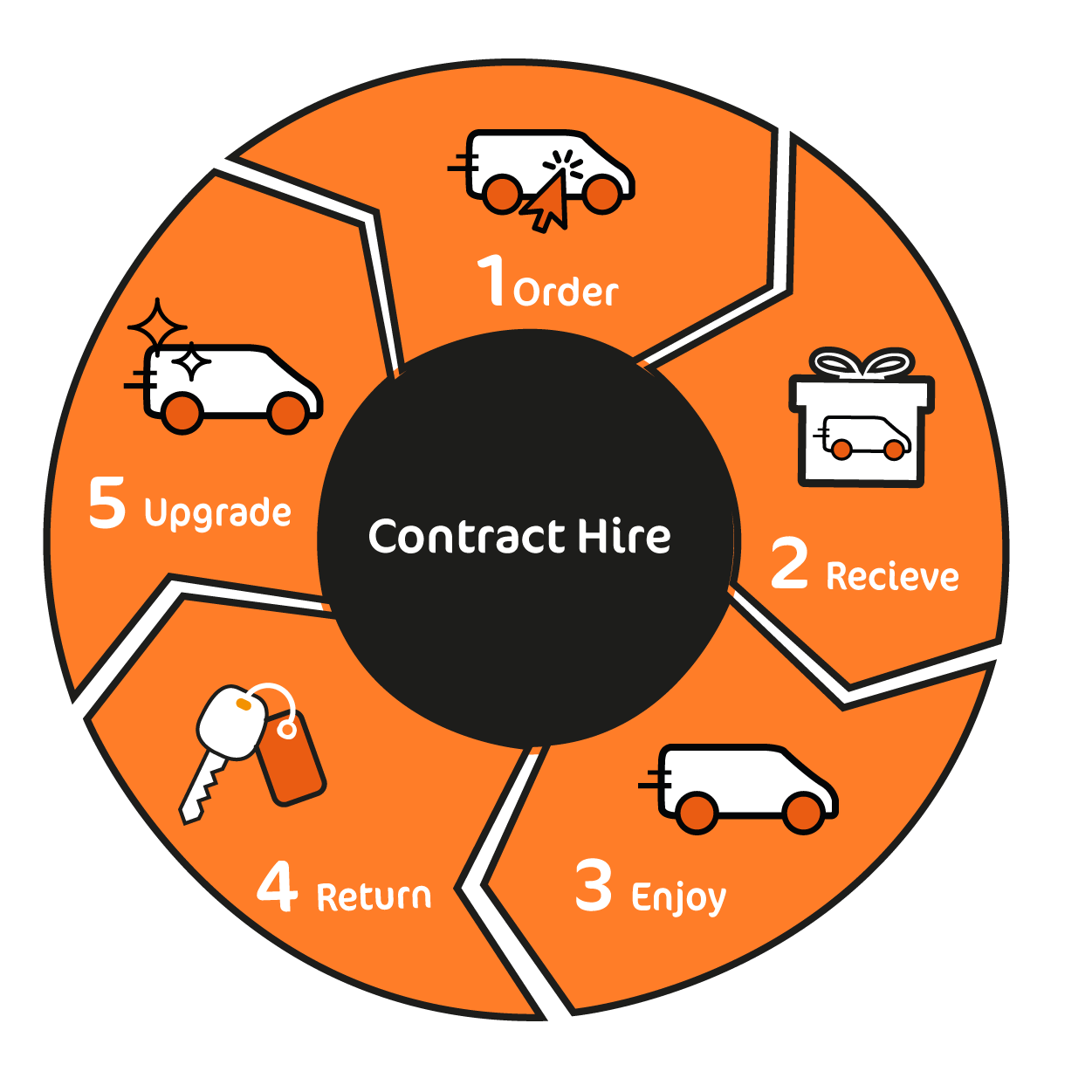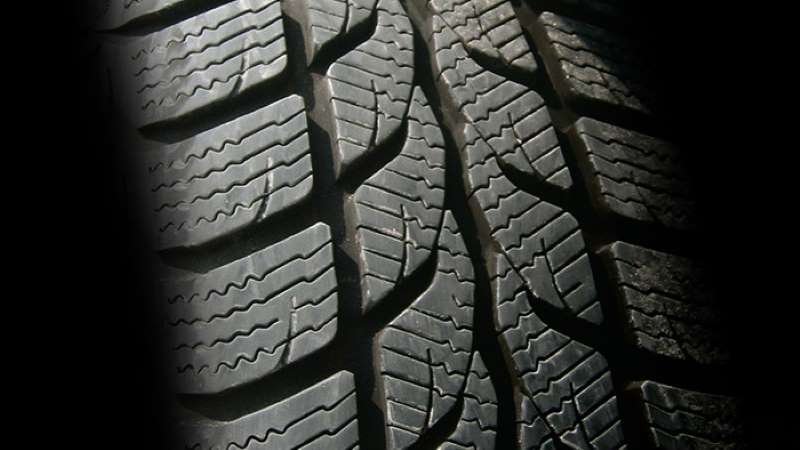What happens at the end of your lease really depends on the type of lease agreement you enter at the beginning. There are differences between what happens if you take out a Finance Lease and what happens if you choose Business Contract Hire. This guide will explain it all…
Finance Lease
With a Van Business Finance Lease, you'll pay a final payment at the end of your lease and then sell the van on.
This is because as part of the agreement, you're not allowed to personally own the vehicle at the end of your lease. The good news is, your van may be worth more than you expected so you can sell it, pay the final payment and maybe walk away with a profit.
However, there's a risk too that the van won't be worth as much as you thought. Even if the van is not worth enough to cover the charge, you'll still need to make the final payment, which could leave you with a shortfall.
Contract Hire
Unlike a Business Finance Lease, Van Business Contract Hire doesn't come with the risk that you'll be out of pocket at the end of your agreement.
You simply give your van back when your lease ends and there is no final payment. You're then free to decide on the latest model to upgrade to and lease again.
End of Van Lease FAQs
Will I Be Reminded That My Contract Is Expiring?
Yes. If you lease a van with Vanarama, we'll be in touch in plenty of time to remind you when your lease is due to expire.
We'll also give you instructions on what you need to do when it comes to handing back your van and how you can upgrade to a new one.
Can I Renew My Van Lease?
While you cannot technically renew the same lease, you can upgrade, just like you would with your mobile phone. You simply look at the new models out there and get in touch so we can get you a new lease on a brand-new updated van. Simple.
Sometimes, at the end of a lease, an informal or formal extension can allow you to keep the vehicle for a bit longer. Here are explanations of how these extensions work:
What Is A Formal Extension? A formal extension is a new and agreed extension of your lease contract made between you and the lease company that your agreement was originally arranged with. It allows you to keep the vehicle slightly longer for a fixed period (usually 6 or 12 months). A formal extension can only be arranged once and the vehicle must be handed back at the end of this new agreement. A formal extension agreement must be signed and will contain the following:
- The new monthly rental cost (this may go up or down, but will be confirmed before you sign the agreement).
- The agreed extension period (usually 6 or 12 months).
- The agreed new annual mileage allowance.
- The new end date.
- Any servicing/maintenance packages and the costs.
- Any administration fees for arranging the formal extension.
What Is An Informal Extension? As opposed to a Formal Extension (which requires a new financial agreement to be signed with the lease company), an Informal Extension is simply where you keep the vehicle past the original date without a new agreement put in place. Some lease companies will allow Informal Extensions, others will not, so check your agreement to see if yours will. In an Informal Extension, the following circumstances must be noted:
- The lease company can ask for the vehicle back at any time.
- Your mileage allowance cannot be changed. If you exceed your previously agreed mileage allowance, you will be charged on a pro-rata basis.
- Your monthly rental payments will stay the same as previously agreed.
- The date on which your monthly rental payments are taken each month might change.
Will My Vehicle Be Collected?
Yes, with Vanarama we'll arrange for your van to be collected straight from your door. We can also arrange a key swap, meaning that if you choose to lease again, your new van can be delivered at the same time as your old one is taken away - so there's no risk that your business is off the road.
Do I Need To Prepare My Vehicle?
You'll want to leave you van as close to the way it was delivered to you as possible, so it's best to try to do a clean inside and out before it's collected.
Don't worry if there are a few marks, the lease company don't expect your van to be in tip top condition - after all, you've probably been driving it almost every day for 2-3 years. Some small dents and scratches? No worries, fair wear and tear is expected. The full details along with the dos and don'ts of handing back your van can be found in our Fair Wear & Tear Guide.
What Happens On Collection Day?
On collection day, someone will come to pick up your van. They will do a short assessment, you'll sign the paperwork and that's it... simple.
Of course, if you have decided to lease another vehicle and upgrade to the latest model, we can arrange to deliver your new vehicle on the same day.
What If I Go Over My Mileage Limit?
If you go over your mileage, the leasing company you've taken out the lease with will charge you. This is usually calculated on a pence per mile basis and the exact amount will depend on the company.
If you think you're likely to go over your mileage, and are aware of this before your lease end date, it's best to get in touch with the lease company sooner rather than later.
Do I Get The Lease Deposit Back?
At the start of your lease, your first payment is larger than the rest. This is called the initial rental – usually equivalent to 3, 6, 9 or 12 months of rentals - so there's actually no deposit to give back.
Head back to our van leasing explained hub or take a look at our latest van leasing deals






